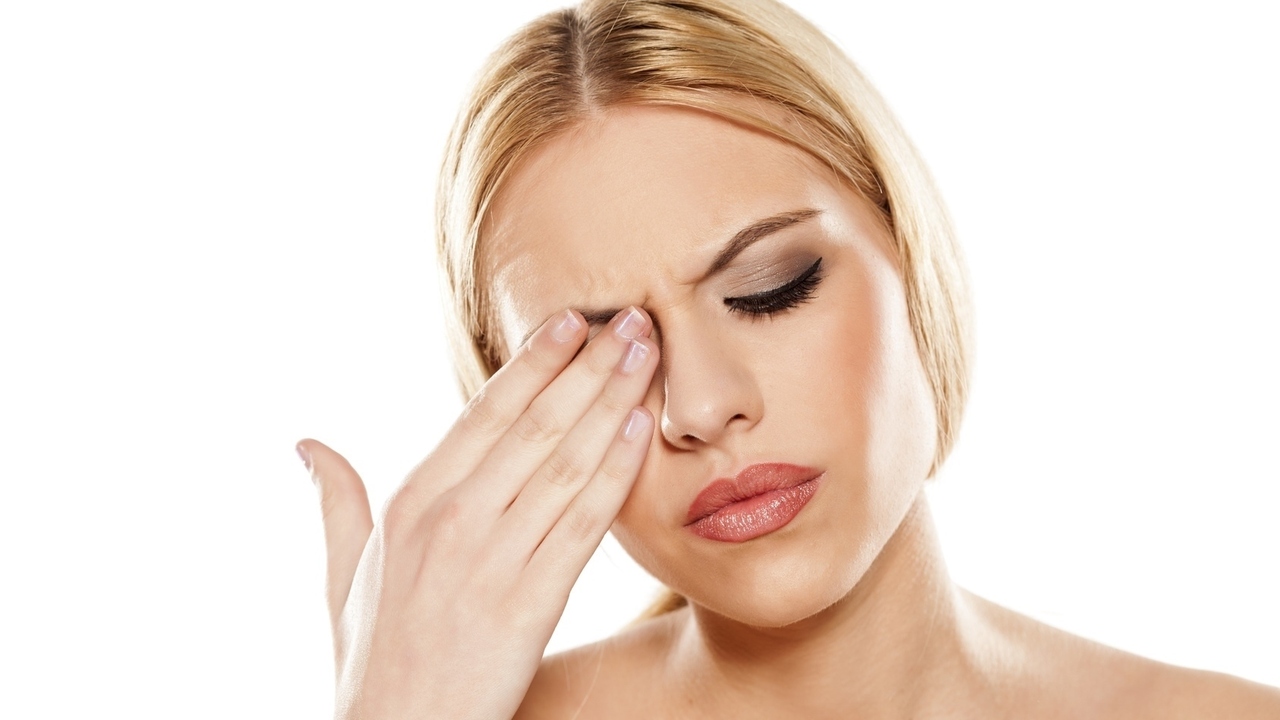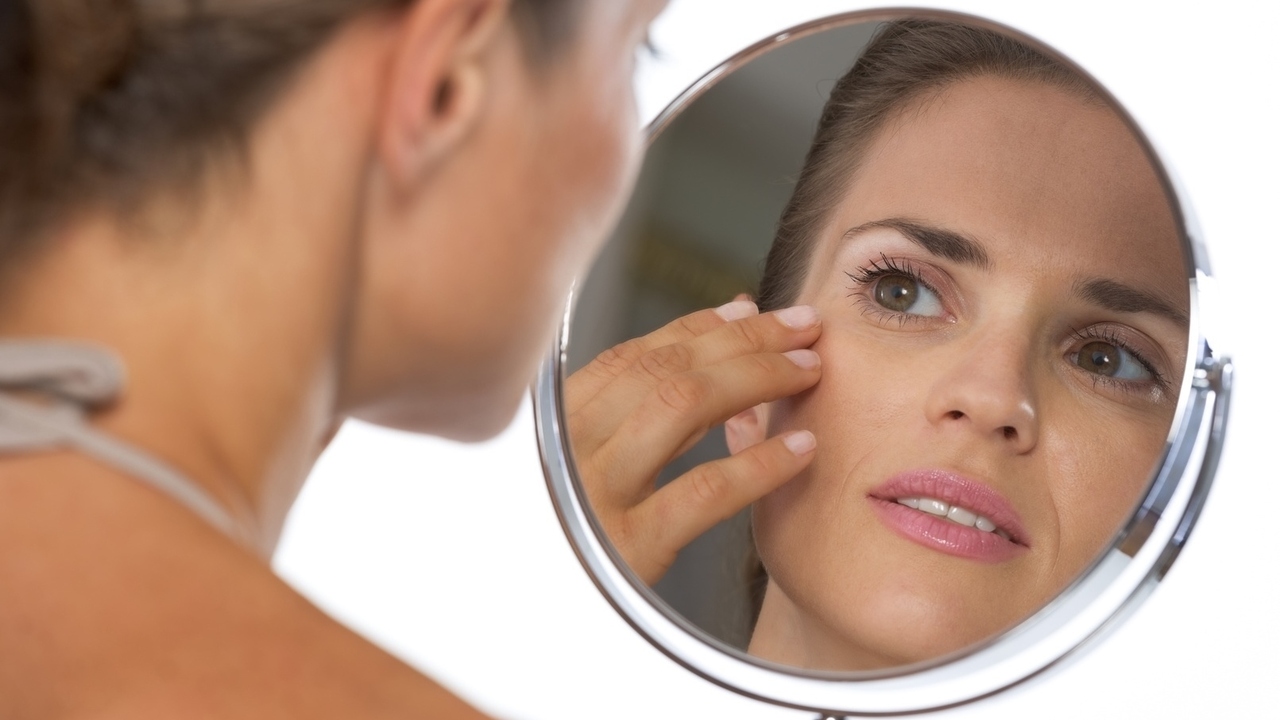While eye drops and ointments can help your eyes feel better if they are dry, red, itchy, or irritated, it’s important to choose the right product to get the results you want.
Eye drops are special medicine designed to treat your eyes. Some eye drops are sold over-the-counter (OTC or without a prescription) and are good for relieving generic symptoms. Other drops are created to treat a particular vision condition and must be prescribed by a doctor or ophthalmologist (eye doctor). Even though the moisture from an eye drop stays in your eye, small amounts of the medicine in the drop can travel to other parts of your body. Some eye drops can even give you headaches, make your dizzy, or effect how fast your heart beats.
Picking the right eye drops
Here are a few of the reasons you might need to use eye drops and some suggestions for picking the right drops to relieve your symptoms:
• Dry eyes – OTC lubricating drops can help your eyes feel less dry and scratchy. Avoid drops with decongestants (sold for red eyes). The ingredients in decongestant drops can actually make your eyes drier. If you have long-term problems with dry eyes, you may benefit from a gel or ointment that can be used in your eyes overnight. Prescription drops and other drugs are also available for long-term dry eye.
• Red eyes – You may associate red eyes with allergies. But many other, possibly more serious conditions can also make your eyes red. Before using over-the-counter decongestant drops, it’s wise to see your eye doctor to rule out other issues. Decongestant drops work by shrinking the blood vessels in the eye to make the white part whiter. These drops can be addictive – you may find after you’ve used them for a while that your eyes only look white when you use the drops.
• Itchy, allergic eyes – Itchiness is usually caused by an allergic reaction to something. Your eyes may also be puffy and sore. It’s normal to want to rub your eyes when they itch, but it’s also the wrong thing to do. Rubbing just adds to the irritation and actually makes them itch more. OTC antihistamine drops are designed to help remove the cause of the allergy from your eyes, which helps stop the itching. Look for antihistamine drops that do not include decongestants.
• Sore or swollen eyes – Before you try to treat sore or swollen eyes by yourself it’s important to figure out the cause of the soreness. If your eyes are strained, overused, or just tired, using drops may help your symptoms in the short term while you give your eyes a rest. If your eyes are often sore, you should visit the eye doctor for a check-up.
• Mattering (discharge around the eyes) – If you have a thick, yellow-ish discharge or matter around your eye, you might have an infection. See your eye doctor to see if you need a prescription for antibiotic eye drops.
• Eye infections – “Pink eye” is the common name for eye infections that make the white part of the eye look pink. There are three different type of “pink eye”, which is also called conjunctivitis. Some pink eye infections can be treated with over-the-counter drops while some need to be treated with antibiotic drops which must be prescribed by a doctor. If you have pink eye, see your eye doctor to make sure you are using the right kind of drops.
Preservatives vs. preservative-free
Most eye drops include preservatives that help keep the drops safe by preventing bacteria from growing in the drops. If you are allergic to the preservative, these drops may cause increased irritation, redness, and dryness in your eyes. Preservative-free drops are also available at a slightly higher price. Bacteria will grow in these drops after the bottle has been open for a relatively short length of time. So be sure to keep track of when you open the drops and when they are due to expire so you can replace them on time. Some preservative-free drops are sold in tiny, single-use vials so you can be sure you are using fresh drops every time you open a new vial.
Using the right kind of drops at the right time is an important part of taking care of your eyes and vision. If you have any questions about which drops to use, contact your eye care professional for personal advice.
Sources:
All About Vision
American Academy of Ophthalmology: EyeCare America




Add a CommentComments
There are no comments yet. Be the first one and get the conversation started!